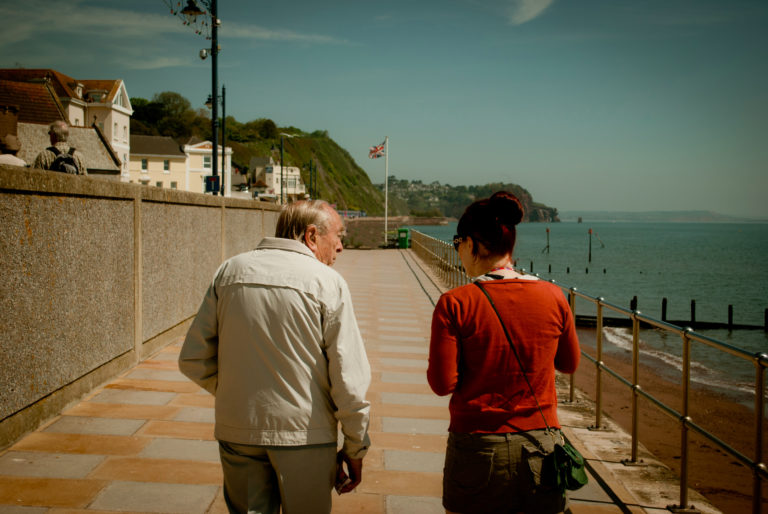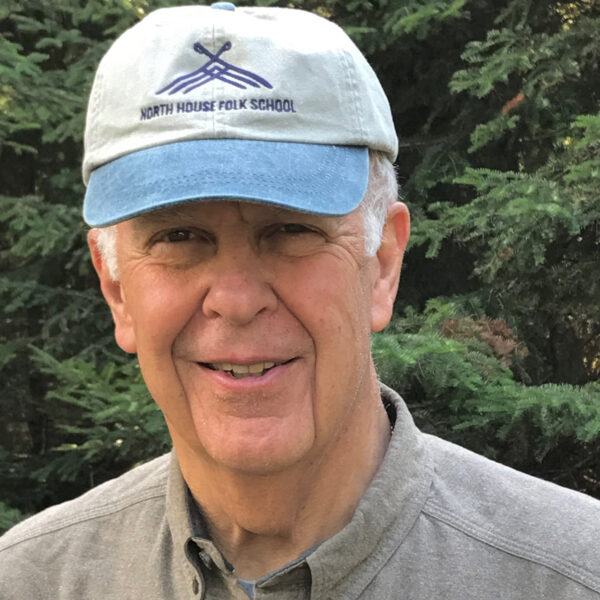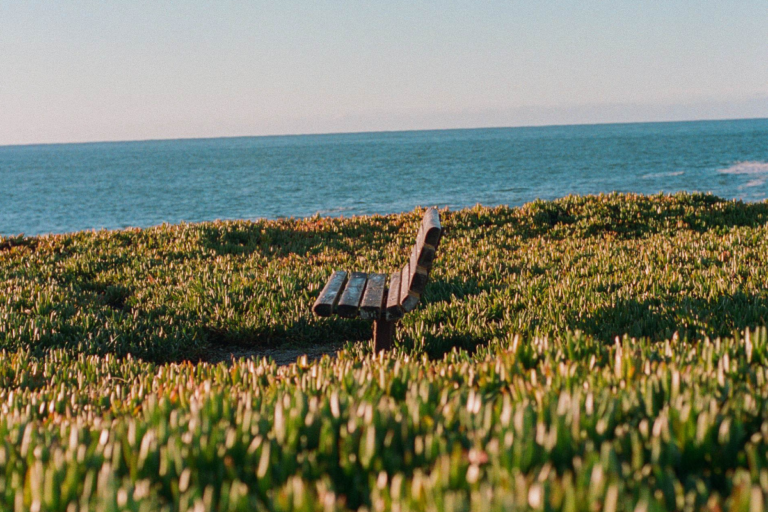
Image by Jev55/Flickr, Some Rights Reserved.
Mentoring Is Not a One-Way Street: Inviting Youth to Make Music Together
In a few weeks, commencement speakers will start taking the stage to tell the class of 2016, “Our hopes for the future are in your hands.” I have an urgent message for them: Don’t do it!
It’s unfair to fob off responsibility for the future on the younger generation. After all, the problems they face are partly due to the fact that we, their elders, screwed up. Worse still, it’s not true that the young alone are in charge of what comes next. We — young and old together — hold the future in our hands. If our common life is to have any chance of becoming more just and more loving, it will take an intergenerational effort.
Let’s stop talking about “passing the baton” to the young as we elders finish running our laps. Since most of us are more skilled at sitting than running, let’s change the metaphor and invite young adults to join the orchestra. As we sit together, we can help them learn to play their instruments while they help us learn the music of the emerging world, which they hear more clearly than we do. Together we can co-create something lovelier and more alive than the current cacophony, a co-creation in which dissonance has a place but does not dominate.
Many people, said Oliver Wendell Holmes, “die with all their music in them.” I was saved from that sad fate by a series of mentors who reached out to me when I was young and helped me find my own music and learn how to play it. Today, at age 77, I have chance after chance to pass that gift along to the rising generation whose music is waiting to be heard. So does everyone who’s within reach of a younger person.
I’ve asked many people to tell me about their great mentors. They almost always respond with words akin to what I’ve said of my own:
“My mentors saw more in me than I saw in myself. They evoked that ‘more’ in many ways — challenging me, cheering for me, helping me understand that failure is part of the deal. Then my mentors opened doors for me, or at least pointed me toward them. As I was willing to walk through those doors, I found purpose and meaning. My mentors changed my life.”

But age has taught me that mentoring is not a one-way street. It’s a mutuality in which two people evoke the potentials in each other. As theologian Nelle Morton wrote, mentoring is about “hearing each other into speech.” Equally important, mentoring gives us a chance to welcome one another into what theologian Howard Thurman called “the human frailty,” a shared recognition of how vulnerable we are and how much we need each other. Mentoring is a gift exchange in which we elders receive at least as much as we give, often more.
As elders, we know — or should know — that we have gifts to offer the young. Depending on the area in question, we’ve been there and done that, fallen down and gotten up, learned from our failures, lived to tell the story, and gone on to get a few things right. We can share those lessons with the young, and then help them clear a path through the thickets of life and work.
Young people, however, are often unaware of the gifts they have to offer us. For example, they rarely understand that in their very willingness to partner with an older person, they assuage a fear common to my generation that we’re over the hill, out of the game. Very few young people know the power of saying to someone like me (who’s seen 20 nearly four times!), “You represent something I value, and I want to learn from you.” I get a little misty just writing those words.
The young also bring gifts of energy, vision, and hope that hard experience and the erosions of time may have stolen from me, often without my knowing it. They challenge my cynicism and even save me from despair when they see a possibility I’d probably dismiss, but come at it from a new angle that might just work. “Once more into the breach,” I think, “and I’ll go with them.”

I disagree with elders who say, “We must keep the young from making the same mistakes we made.” They’re not going to make the same mistakes we did because they are not us, their world is not the same as the one we tried to change, and it’s just possible that they’re wiser than we were! So let’s share our experience with them in ways that help them step up, not back. Then let’s walk alongside as they do it anyway.
Do It Anyway is the title of a fine book by Courtney Martin — a friend and fellow columnist for On Being — about young activists who do what needs doing even when the smart money says it can’t be done. If their efforts fail, let’s help them get up and regroup. Maybe their next try will turn out to be one of those shining moments when the “smart money” proves itself dumb.
I could go on and on about the gifts the young offer us elders, but I’ll close with just one more. Unlike some of my age-mates, the young people I work with waste no time or energy grieving the collapse of the old order, of the religious, educational, vocational, and political structures that helped form their elders’ lives. When today’s young adults arrived on earth, many of those institutions were well on their way to becoming dysfunctional.
Instead of grieving what’s going or gone, many of the young adults I know are inventing new forms of work and life that, in my judgment, hold great promise. For example, they’re crafting independent careers, despite the attendant risks. They’re declaring freedom from corporations that force people into rigid roles and are often disloyal to their own employees.
That freedom allows them to be loyal to their own gifts and visions of social change, and to the relationships required to bring those visions to life. I find it enormously life-giving to hang out with people who aren’t bemoaning the loss of what’s going or gone. Instead, they’re exploring possibilities that we, young and old together, can midwife into life.
As I was talking about this essay with a friend half my age, he reminded me that I’d written about mentoring in my 1997 book, The Courage to Teach, a fact I’d forgotten. (Note to self: Keep your younger friends on speed dial as back-up memory banks, then try to remember where your phone is.)
In open defiance of my English teachers who railed against the sin of mixed metaphors, I’m going to pivot from inviting the young to join “the orchestra” to inviting them to join in “an ancient dance.” Either way, orchestra or dance, intergenerational music can move our hearts, our minds, our feet — and might even move the world to a better place:
Mentors and apprentices are partners in an ancient human dance, and one of teaching’s great rewards is the daily chance it gives us to get back on the dance floor. It is the dance of the spiraling generations, in which the old empower the young with their experience and the young empower the old with new life, reweaving the fabric of the human community as they touch and turn.


